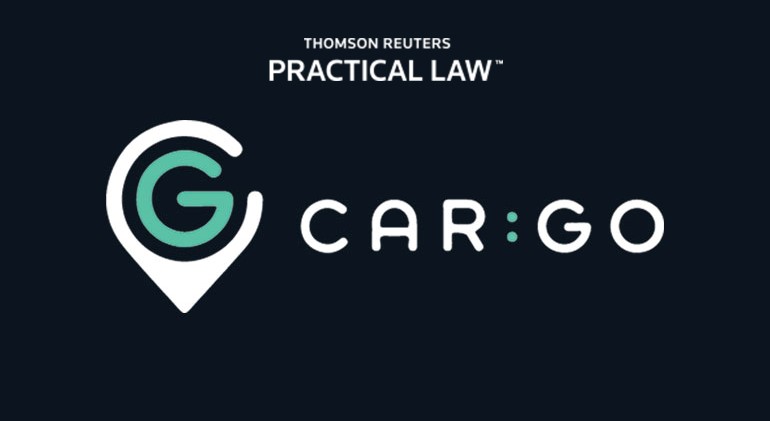

July 3, 2019 is the day that triggered change in Serbia. “What change?”, one may ask.
A big one!
Let us take you back to our article “Amendments to the Serbian Criminal Code: Restrictive Agreements” from 2017, where we discussed Serbia’s decision to add a new criminal offence to the Criminal Code regarding restrictive agreements, which entered into force on March 1, 2018.
This should have stamped out cartels and levelled the playing field, right?
Well… no such luck.
It’s been a year since restrictive agreements were criminalized and not one charge has been brought on these grounds.
Until now that is…
On July 3, 2019, the first criminal charge in Serbia’s history was filed with the Senior Public Prosecutor’s Office in Belgrade by the CarGo Association (an Uber-like transport provider, founded in Serbia in 2015) against three taxi associations. CarGo claimed that, by having concluded a restrictive agreement, these taxi associations are eliminating free competition on the market.
CarGo previously warned the public of a possible taxi cartel in the making. This claim has its roots in the fact that the abovementioned taxi associations participated in drafting amendments to the Passenger Road Transport Act. Conversely, advocates of alternative modes of transport and consumer advocacy groups were excluded from the process.
In that regard, CarGo addressed the issue to the Commission for Protection of Competition of the Republic of Serbia (“Commission”). Left answerless for months on end, they decided to switch tack and exercise their statutory rights under criminal legislation in the hope of a swifter and more effective reply.
As touched on in the 2017 article, the new criminal offence gives rise to several legal conundrums, including:
So, now we are left to wait for the cogs of the justice system to turn, hoping that customers will be the ones to benefit the most from the final decision.
Lou Reed once said “take a walk on the wild side”.
We, somehow, prefer to go by car, especially with all this scorching heat outside.
This article was previously published by Thomson Reuters/Practical Law and available on our website with the permission of the publisher.
Authors: Miluša Okiljević, Nikola Nikodinović and Nadja Kosić